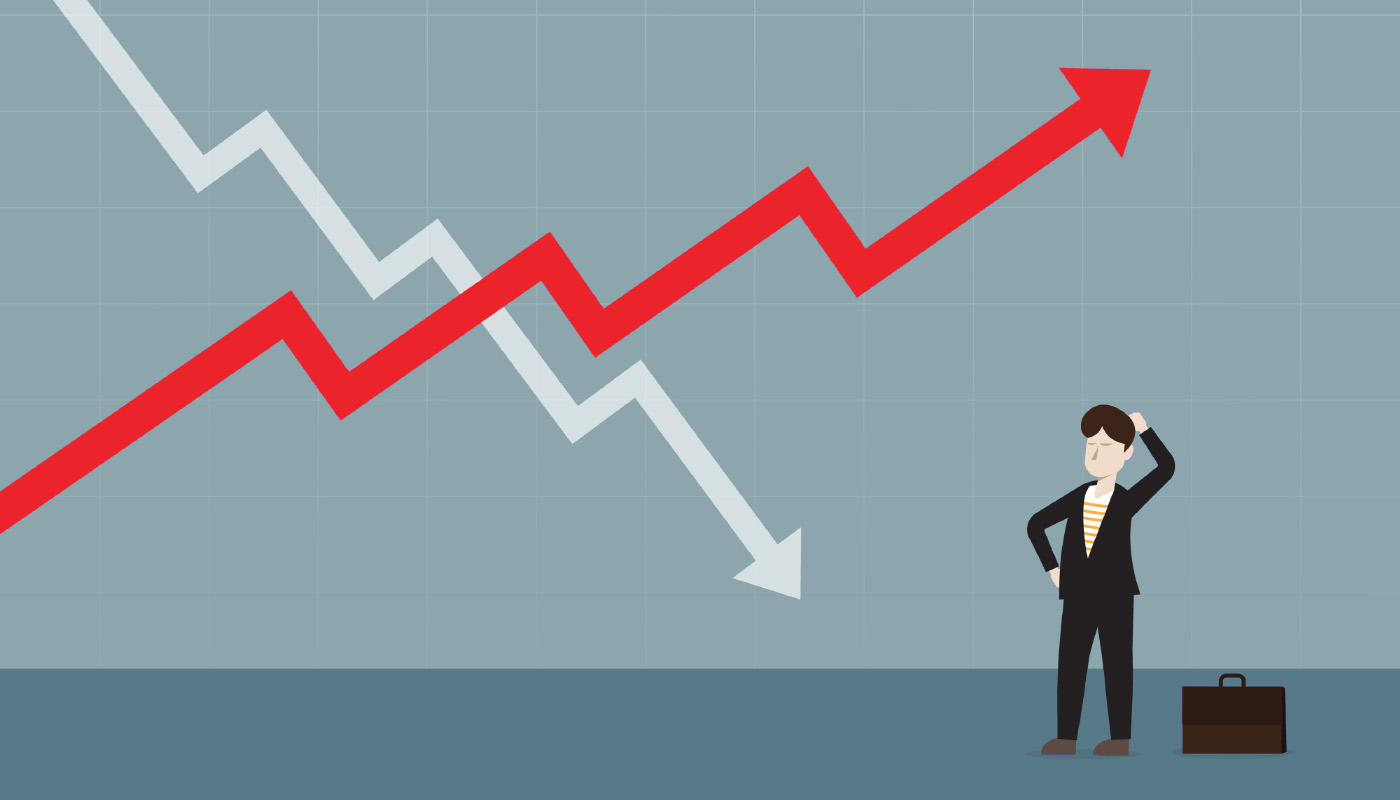
Stress testing for banks seems like a straightforward exercise: assume a series of economic and financial conditions that would hamstring a bank’s performance, then project whether the bank has enough capital to survive.
But what happens when extreme levels of government intervention — like stimulus payments and loan forbearance — become the norm? It’s possible that a severe recession could lead to support programs that actually lower customer default rates and improve performance for some banks. What should risk managers know about these programs, their impact on stress testing, and the potential career opportunities they could spark?
The Goal of Stress Testing
Cristian deRitis, Deputy Chief Economist at Moody’s Analytics, says it’s important to recognize that a stress test is merely a hypothetical exercise, not a forecast. Regulators aren’t concerned with how you get to the extremely stressful conditions in the test, but only whether a bank can survive them. So, central-bank-mandated stress tests like CCAR don’t allow for rosy scenarios — realistic or not — where support programs rescue banks from negative consequences.
But there are other stress tests where banks have more flexibility to incorporate real-world projections, offering them a better opportunity to figure out how their portfolios might be impacted. deRitis suggests the worst stress for some banks might be a modest downturn where there’s no bailout.
Guidance for Early-Career Risk Managers
In today’s anomalous high-inflation/rising-interest-rate market, experience isn’t necessarily the great differentiator for financial risk talent, particularly in the stress-testing community. “It’s the curse and benefit of youth,” says deRitis. “You don’t have that previous baggage, so you might be a little more open-minded.”
In contrast, there may be some bias built into your model or your mindset if you’ve practiced risk management for decades and are used to seeing central banks or governments behaving in a certain way. Indeed, more experienced risk practitioners might be surprised by a sudden big shift in monetary and fiscal policies.
But while there’s certainly more of an interventionist approach now than we’ve seen in the past, there’s no guarantee that central banks and/or governments will be willing and able to step in when the next crisis hits – as they did during the pandemic. Less experienced risk managers working on stress tests must therefore be careful not to assume future support programs are guaranteed.
Cristian deRitis
Early-career practitioners, says deRitis, can separate themselves from the pack by demonstrating that they’ve studied not just the current risk management environment but also previous periods of turbulence. By studying all available literature, including academic papers and regulatory reports, a risk manager can analyze what mistakes were made by banks and regulators prior to an economic shock.
Risk managers, deRitis elaborates, should always be thinking not only of what could happen but also about the potential tail risks. “Even if you think the likelihood of a repeat of that period is small, there is value in being able to demonstrate you’re prepared for anything,” he says.
It’s also helpful to talk to associates, friends and relatives about their experience during economic downturns. “It’s useful to capture life experience, whether it’s talking to your grandparents or others who lived through the turbulent period you’re studying,” deRitis emphasizes. “What did it feel like, for example, to have an 18% mortgage in the early 1980s?”
Since we’re now facing some of the same inflation anxieties, those types of feelings very well could factor into contemporary risk management.
Wanted: Well-Rounded Risk Managers
While risk managers working in stress testing need traditional hard skills, like modeling and mathematics, deRitis believes it’s also important to develop soft skills, like communication. Moreover, risk managers can learn from the recent past by reading about, say, the pandemic-inspired CARES Act or the large monetary and fiscal packages passed during the Great Recession.
Considering the ongoing influence of shocks like the financial crisis, the pandemic, and, most recently, Russia’s invasion of Ukraine, studying politics, history and economic policy could help you land your desired risk management job. “Today, institutions will pay more attention to professionals who have a broader understanding of the world from a historical and political perspective,” deRitis says.
Tod Ginnis is a content specialist at GARP. He is the author of a GARP blog that is aimed at early-career risk managers and professionals aspiring to earn their Financial Risk Manager (FRM) certification.